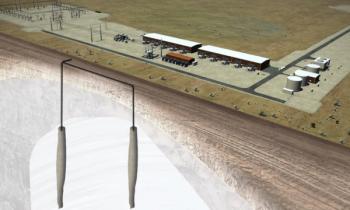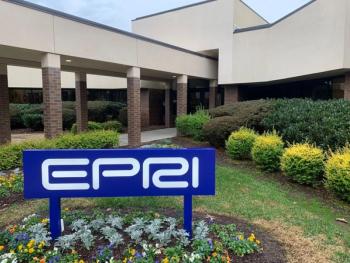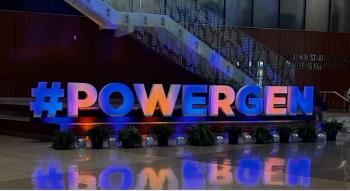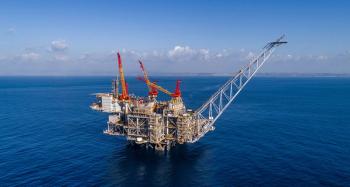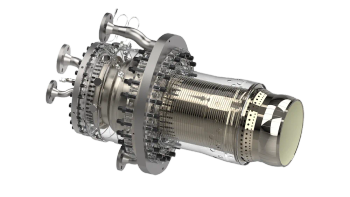
Hanwha Power Systems Launches Low-CO2 Compressor Line: SM100 Pro Series
Key Takeaways
- The SM100 Pro Series enhances corrosion resistance, thermal efficiency, and aerodynamics, benefiting the air separation unit industry and reducing carbon emissions.
- Upgraded stainless steel components improve thermal efficiency and minimize scale blockage, enhancing overall compressor performance.
The new compressor line features improved corrosion resistance, thermal efficiency, and reduced tube blockage.
Hanwha Power Systems launched a new compressor portfolio: the SM100 Pro Series, which includes models SM3100, SM4100, SM5100, SM6100, and SM7100. The upgraded series improves corrosion and rust resistance, thermal efficiency, and scale blockage, and optimizes aerodynamics.
“The newly released SM100 Pro series is focused on improving efficiency, which is beneficial for the efficiency-critical air separation unit industry,” said Kihun Do, Vice President & General Manager, Equipment Business Division, Hanwha Power Systems. “Our turbo compressors apply to all industrial fields but are widely used in electronic manufacturing, such as semiconductors, batteries, home appliances, food, textile, glass, automobile, and tire manufacturing. Because of its advanced efficiency, it is an eco-friendly product that contributes to reducing carbon emissions. It is also 100% compatible with existing Hanwha Power Systems SM100 series so that it can replace aging equipment.”
The cooler-tube materials are upgraded with stainless steel 304, which is resistant to rust and corrosion. They increase thermal efficiency by securing more than 10% of the heat area. The tube’s scale-blockage phenomenon was also minimized by over 20% within the inner diameter’s cross-sectional area.
Compared to the previous compressors, the enhanced aerodynamic components increase efficiency and flow range by approximately 1 - 3% and 1.5 - 4%, respectively. The higher specific power (efficiency) rates vary by model, but all feature improved corrosion resistance and heat-exchanger efficiency in the superior turbine strike tube.
Its SM100 Pro Series fulfills various customer requirements, such as:
- Availability in outdoor operation
- Manufacturing combo compressors
- Supplying zinc-alloy-free solutions for secondary battery types
- Meeting the required discharge temperature conditions set by customers
- Approved to produce certified products for specific countries
- Operation for air separation unit customers
The company integrated long-term reliability, technology, and gas turbine experience data from its database, further improving the SM100 Pro Series’ equipment efficiency rate.
“Through the database’s accumulated analysis of the delivered/operated compressors, we have optimized the aerodynamic components, including the impeller and diffuser, to achieve improved equipment efficiency with high reliability,” Kihun said.
Each turbocompressor manufacturer is currently focused on quality products, solutions tailored to each customer application, and installing “green” technology to fulfill international environmental requirements. Hanwha Power Systems is building a U.S.-based packaging and manufacturing facility by 2025, with first production in early 2026 to meet these market standards.
“The compressor market is heavily influenced by recent international circumstances, such as the U.S. tariffs, which significantly impact Hanwha Power Systems' many policies and decisions,” said Daekyung Kim, Team Leader, Standard Compressor Sales Team, Equipment Business Division, Hanwha Power Systems. "We also operate various overseas aftermarket service centers to maintain and manage the compressors’ lifetime quality. Furthermore, we strive to secure stable international supply chains by diversifying raw and subsidiary material partners.”
In late November 2024,
Hanwha will install its sCO2 power generation system at a compressor station owned and operated by TC Energy in West Virginia. The system will offer a lower cost and carbon-free renewable generation solution, recovering unutilized waste-heat exhaust from a gas turbine compressor. According to Hanwha, the installation will reduce the carbon intensity of natural gas pipeline operations while producing clean, emissions-free electricity.
Newsletter
Power your knowledge with the latest in turbine technology, engineering advances, and energy solutions—subscribe to Turbomachinery International today.

